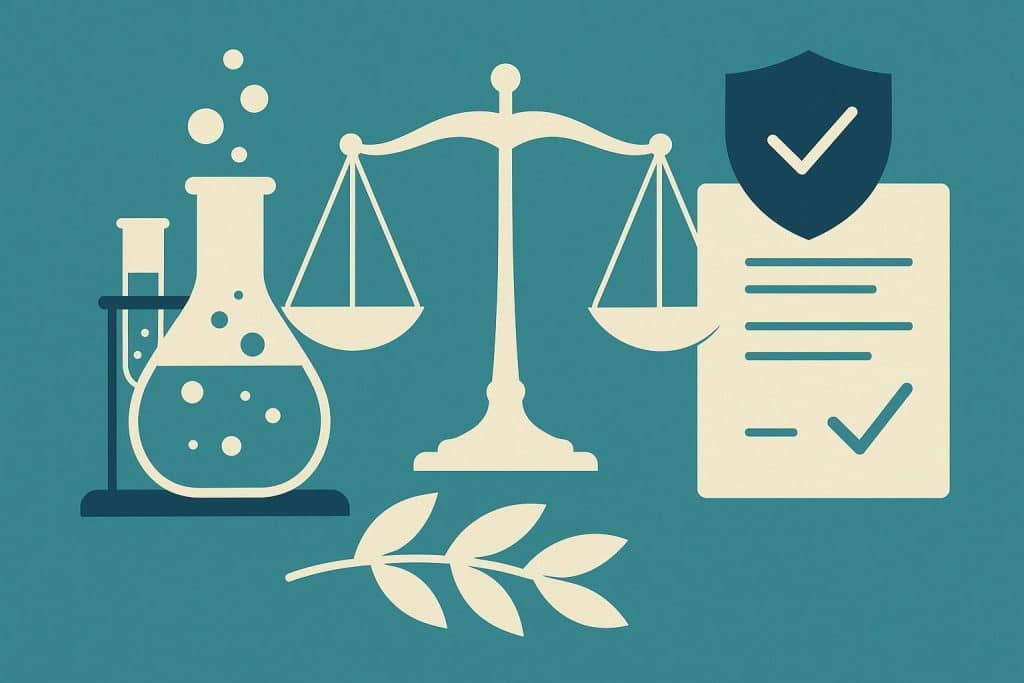In modern science, the push toward innovation often centres on data, models, and outcomes. Yet discoveries happen within a human context. Researchers, subjects, communities, and future patients all play roles. Ethical considerations must guide each step of the journey. This article explores why ethics matter in research and how they shape responsible discovery.
The Foundation of Trust in Science
Trust forms the bedrock of scientific progress. When the public believes researchers act with integrity, funding and participation follow. Ethics acts as the compass that keeps science aligned with social values. Without ethical standards, research can become suspect. Controversies erode confidence in scientists, jeopardising the willingness of people to participate. Maintaining strict ethical norms fosters transparency, accountability, and long-term credibility.
Respecting the Rights and Dignity of Participants
A central reason ethics matter is respect for individuals. Human participants may be vulnerable. Safeguards protect autonomy, privacy, and consent. Ethical review boards monitor study protocols to ensure risks are minimised and benefits maximised. In cases where participants are unable to consent, surrogate decision-makers or assent procedures may apply. Ethical guidelines demand that every person’s dignity is honoured beyond their role as a data point.
Minimising Harm and Ensuring Safety
Research often involves interventions, tests, or exposures. Ethical oversight ensures that harm is limited. Risk assessments evaluate worst-case scenarios and safety plans. Ethics committees insist on rigorous monitoring and stopping rules. In animal studies, the principle of replacement, reduction, and refinement guides experimentation. In clinical trials, stopping a study early if harm becomes evident demonstrates a commitment to human well-being above results.
Fairness, Justice, and Access
Ethics demand equitable practices in recruitment and benefit sharing. Studies should avoid exploiting vulnerable populations simply because they are accessible. Likewise, the benefits of research should not remain locked within privileged circles. Ethical research ensures fair selection of participants across diverse demographics. Results and innovations should reach those who need them most. Equity in access to therapies, diagnostics, or technologies honours justice as part of discovery.
Integrity of Data and Scientific Honesty
Ethics intersect with good scientific practice. Fabrication, falsification, or selective reporting violate moral norms and undermine the scientific record. Ethical researchers commit to full disclosure of methods, conflicts of interest, and limitations. Peer review, replication, and open data act as safeguards. Integrity protects the reliability of knowledge and prevents misuse or misinterpretation of results.
Longevity of Impact and Social Responsibility
Scientific discoveries often carry downstream effects. Technologies, drugs, and policies born from research can reshape society. Ethical reflection anticipates consequences. Researchers must consider unintended outcomes, environmental impact, and social justice implications. Conducting science responsibly ensures that discovery enriches humanity rather than exacerbating division.
The Role of Specialised Service Partners
Research teams often collaborate with specialised service providers. These partners bring technical skill, regulatory knowledge, and infrastructure to the process. Choosing a partner with ethical standards aligned to one’s own is vital. A good partner understands the moral dimensions of preclinical and translational research and integrates them into workflows. For example, more than technical capability, selecting a partner that emphasises ethical compliance and accountability can safeguard participants, data, and long-term results. One such provider, focused on responsible research practices, is highlighted at cerbaresearch.com.
Embedding Ethics in Every Stage
Ethics cannot be an afterthought. Teams should incorporate ethical reflection from project conception through dissemination. Early discussion of possible risks, benefit sharing, and stakeholder engagement anchors the work in moral awareness. Training researchers in ethics, appointing oversight committees, and conducting audits help maintain continuous compliance. Frequent reflection prevents drift from the mission and keeps the human element in view.
Conclusion
Discovery is not value-free. Research happens in a human ecosystem. Ethics matter because they protect individuals, maintain trust, guarantee fairness, preserve scientific integrity, and guide responsible impact. Embracing the human side of research enriches science itself. Ethical science stands stronger, resonates deeper, and leads not merely to new knowledge but better lives.
